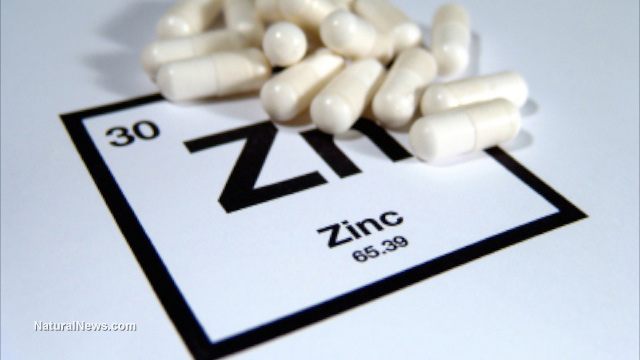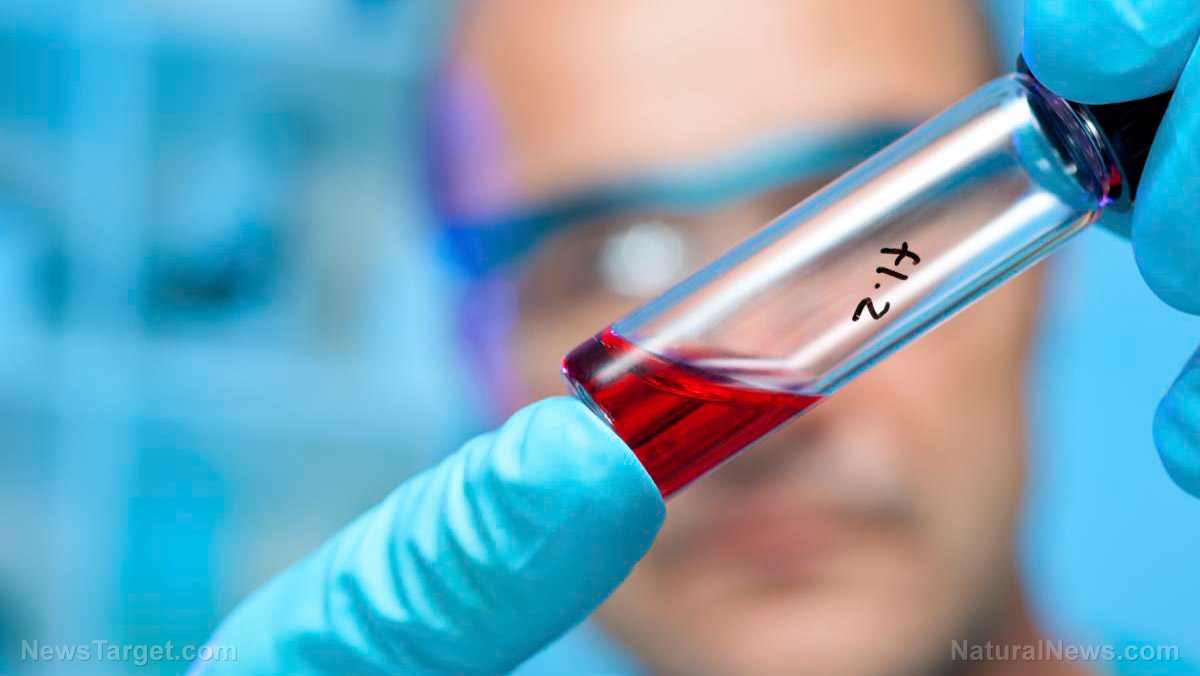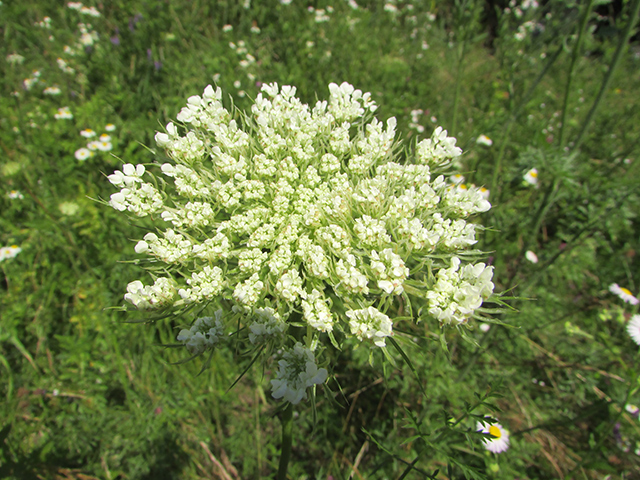Zinc supplements found to protect against esophageal cancer
10/08/2017 / By Michelle Simmons

A new study finds that zinc supplements can help prevent cancer in the esophagus, as reported by Science Daily. Researchers at the University of Texas at Arlington (UTA) evaluated the reaction of human esophageal cancer cells and healthy human cells to zinc. They discovered that zinc supplements slowed down the growth of esophageal cancer cells.
Esophageal cancer ranks sixth in the leading cause of human cancer deaths worldwide, according to the National Cancer Institute (NCI). According to the American Cancer Society (ACS), approximately 16,940 people were diagnosed with esophageal cancer this year. Moreover, more or less 15,690 deaths from the cancer of the wind pipe. The average five-year survival rate of people with this type of cancer is only about 18 percent.
Results of the study showed that zinc slows down excessively active calcium signals in cancer cells. Normal cells do not have these calcium signals with increased activity, which promote cancer cell growth. Zui Pan, lead author of the study and an associate professor of nursing at UTA, concluded that “zinc selectively inhibits cancer cell growth.”
“It now appears that zinc and calcium can have a cross talk, meaning that they can be linked,” explained Pan.
Pan and her team intend to study the link between zinc and calcium signaling, how they affect one another, and how researchers can take advantage of this knowledge. She said that this step can lead to a better developed cancer prevention and treatment plan.
Studies in the past had shown that zinc plays an important role in maintaining good health and in preventing cancer in the esophagus. Yet, it had been uncertain as to how zinc could prevent esophagus cancer until this study.
The study was published in The FASEB Journal.
More on zinc and its importance
Zinc is an important mineral because it plays different roles in cellular metabolism, immune function, protein synthesis, wound healing, DNA synthesis, and cell division, according to the National Institutes of Health (NIH). In addition, zinc promotes normal growth and development during pregnancy, childhood, and adolescence and is essential for proper functioning of the taste and smell senses.
Pan explained that zinc is an essential element in many proteins and many enzymes and the absence of zinc makes it impossible for cells to function. As a result, a person who lacks zinc in the body are more prone to cancers and other diseases. (Related: Zinc deficiency lowers immune response, increasing risk of cancer, heart disease and diabetes.)
“Zinc deficiency has been found in many cancer patients…both clinical data and animal studies have shown that his mineral is very important for overall body health and for cancer prevention,” expressed Pan. “That is why it is important to have a good diet.”
The recommended dietary allowance (RDA) daily of zinc for male adults is 11 milligram (mg), while female adults need eight mg per day. Pregnant and lactating moms need 11 mg and 12 mg, respectively. The NIH reports that about 20 to 25 percent of adults 60 years old or older have insufficient zinc intakes.
In order to avoid zinc deficiency, a person is advised to eat foods rich in zinc or take zinc supplements. Zinc can be found mainly in different foods such as oysters, red meat, and poultry. Other sources of zinc include spinach, flax seeds, pumpkin seeds, beans, nuts, crabs, lobsters, whole grains, fortified breakfast cereals, and dairy products.
For more information on other supplements, visit SupplementsReport.com.
Sources include:
Tagged Under: cancer, esophageal cancer, esophagus, wind pipe, zinc, zinc supplements



















